
Browse our fun-packed, helpful plant-based articles, and delve deeper into this healthy, sustainable lifestyle!
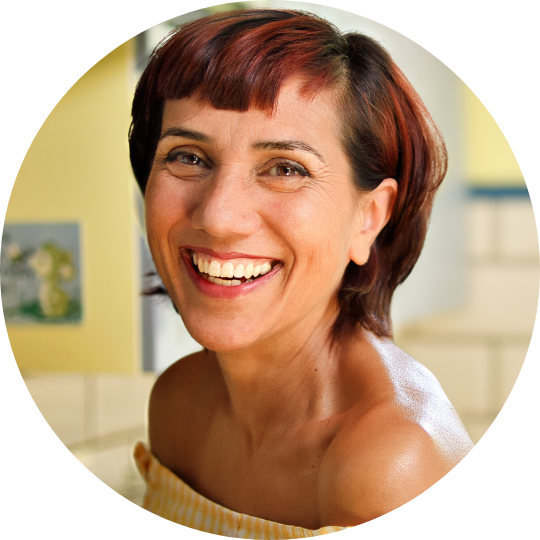

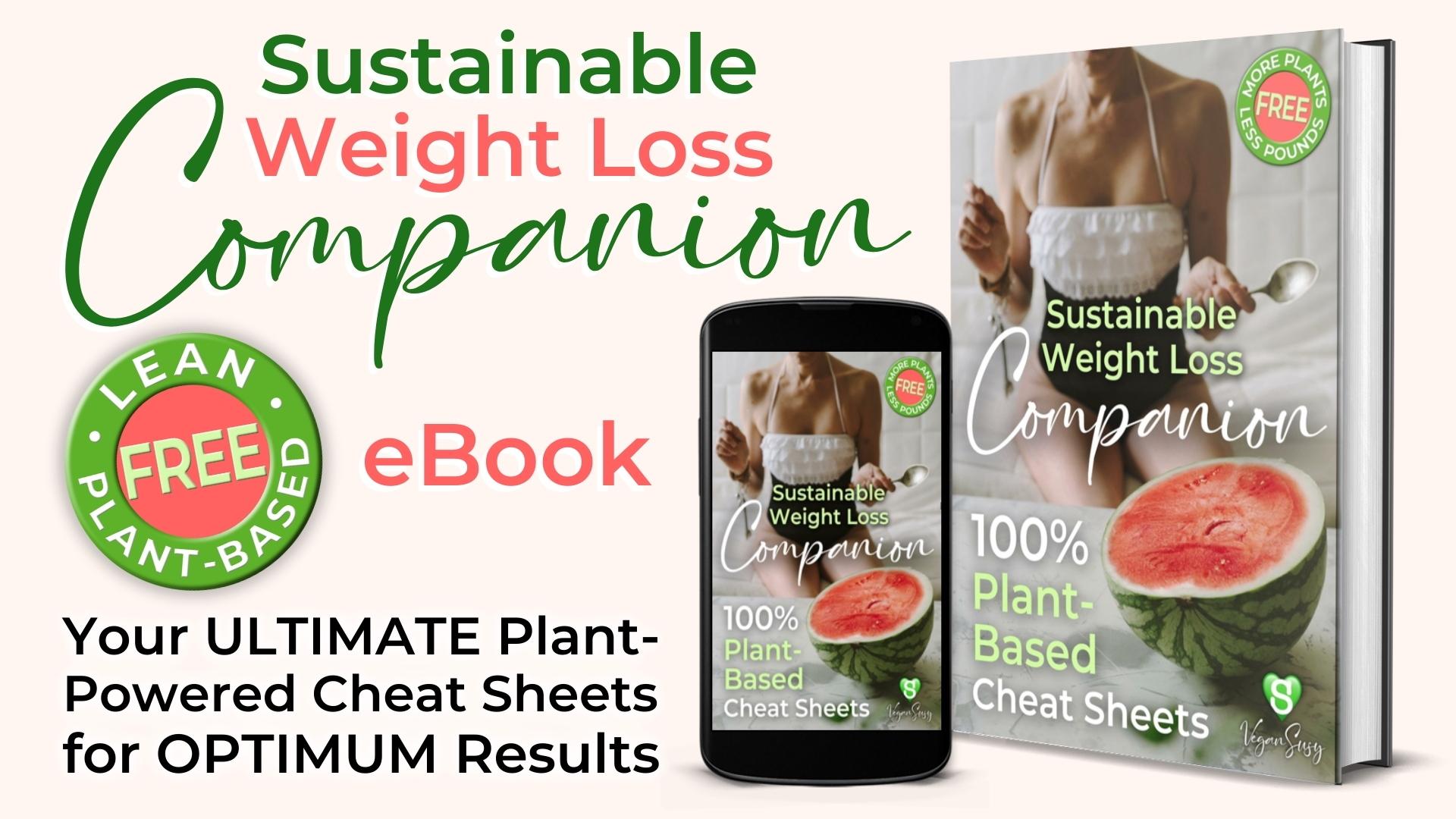
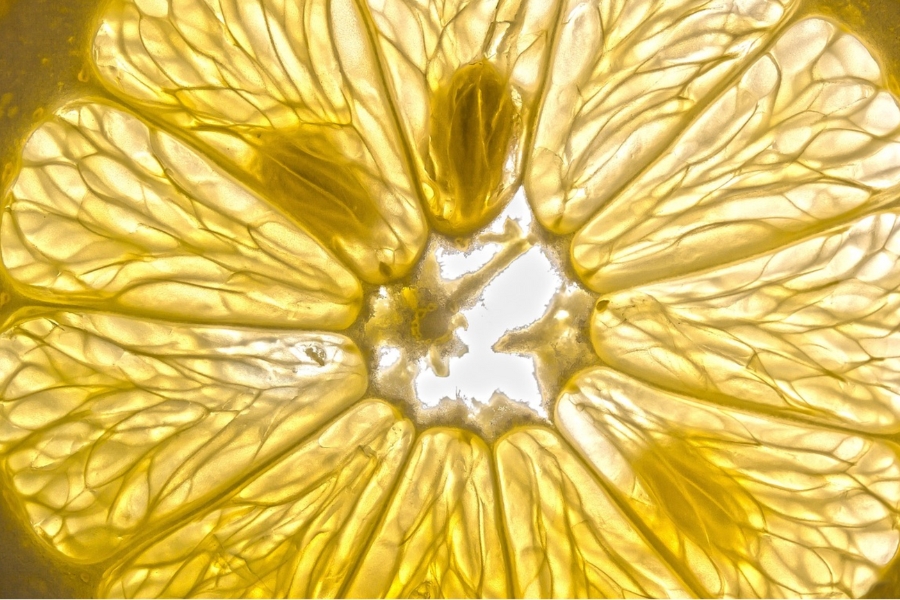
IBS-Friendly Vegan: Nourishing Your Body with Gentle Plant Choices
Plant-Based Lifestyle Tips For Women
Author: Plant-Based Susy
Are you a vegan who received an IBS diagnosis and doesn't know where to start? Are you being held back by painful or uncomfortable IBS symptoms? Are you searching for the perfect IBS treatment for you?
Some medical professionals will advise that you can't have IBS and be vegan, while many others think a plant-based diet is an excellent way to fight IBS symptoms. Navigating all the advice you receive from the internet, close friends and family, and your health provider can be challenging.
If you don't follow a plant-based diet but have heard the many success stories making this change can bring, then this is for you. Whether you've recently noticed stomach problems or have been living with your diagnosis for some time, nourishing your body with an IBS-friendly vegan diet might be the answer you're looking for.
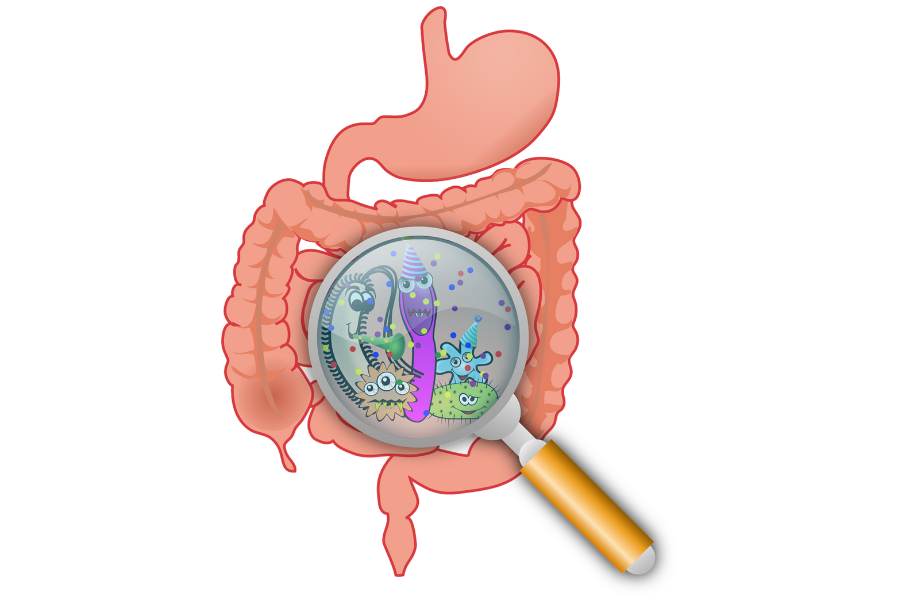
Table of Contents:
Understanding your IBS diagnosis
What is Irritable Bowel Syndrome (IBS)?
Irritable bowel syndrome, or IBS, is a common disorder that affects the gastrointestinal tract. Around 5-10% of the population worldwide has IBS. According to Mayo Clinic, symptoms may include cramping, abdominal pain, bloating, gas, diarrhea, or constipation. The severity of these symptoms ranges from person to person.
The cause of IBS is unknown, and it can appear differently in different people. Other diagnoses have similar symptoms, so it can be challenging to figure out if you have IBS on your own. A doctor can assess your situation, cross out other conditions, and nail down a diagnosis. It's best to see a professional before getting this in your head and self-diagnosing.
Most people can fight IBS symptoms on their own with the proper diet and routine. Typically, this is the cheapest and easiest way to regain your power. If your IBS is severe, you may need to see a medical professional who can provide other IBS treatment options, including medication.

What can people with IBS eat?
As stated by Healthline, "Avoiding certain carbohydrates, monitoring your fibre intake, and opting for low-fat foods are all strategies that may help."
Some people succeed on a gluten-free, low-fat, or elimination diet where you may cut out things like spicy foods and alcohol.
A low-fibre diet might be the answer if diarrhea is one of your IBS symptoms. A high-fiber diet can help if you're struggling with constipation. Some people with IBS suffer from both symptoms, which makes things a bit more challenging.
With IBS treatment, the diet that comes up most often and tends to be highly beneficial is FODMAP.
What to know before switching to a nourishing plant-based lifestyle
Many vegan foods are high in FODMAPs, but following an IBS-friendly vegan diet is possible. Healthline says many plant-based foods can irritate your GI system and increase IBS symptoms. Healing your body is more complex than cutting out all animal-based products.
If you're ready to tackle your IBS using a vegan diet, make sure you know which foods are low in FODMAPs before you begin. This diet can be a game changer regarding your IBS diagnosis; it just requires a little research.
Remember that down the line, you will be able to introduce high-FODMAP foods back into your diet. You should be able to enjoy beans, wheat pasta, soy milk, garlic, and onions once again. We mention this because we don't want you to be sad about the dietary changes and restrictions you will be making. It's only for a while!
What is the FODMAP diet?
There is no one-size-fits-all meal plan to fight IBS. However, the low FODMAP diet is one of the most common tools to help people with IBS thrive.
A Study found that 86% of participants with IBS had success with a low FODMAP diet. They had fewer GI symptoms and were able to feel good again. The study mentioned the importance of working with a dietary professional to get the most nutrition during this process.
FODMAP stands for fermentable oligosaccharides, disaccharides, monosaccharides, and polyols. That might sound intimidating, but these are just poorly absorbed carbohydrates and sugars. They cause issues with digestion.
It's not that people shouldn't eat these foods. Those who aren't affected by IBS tend to be able to consume these foods without any issues. Some are known to be healthy foods like beans and lentils. However, if you have IBS, these foods can do more harm than good, especially in large amounts.
If you follow a low FODMAP diet, you will no longer be able to eat certain foods high in these carbohydrates. You will likely be able to eat them again in the future, but for now, you will need to cut them out. Eventually, your digestion should be in a better spot than before, and you can gradually add them back in.
After your body has had time to get used to this way of eating, you will slowly add FODMAP foods back into your diet to determine which are causing you issues. This process will take some time, but it can help you decide which foods lead to irritating IBS symptoms and which don't.
What can you eat on a low FODMAP diet?
A doctor can provide a complete list of FODMAP-friendly foods, but on the FODMAP diet, according to Gastroenterology Consultants at gastroconsa.com, you can eat:
• Almond milk, lactose-free milk, rice milk, coconut milk
• Lactose-free yogurt
• Hard cheeses, including brie, cheddar, and feta
• Eggs
• Meat (although we do not recommend it!)
• Tofu
• Rice
• Quinoa
• White rice
• Gluten-free pasta
• Oats
• Certain vegetables, including aubergines (eggplant), potatoes, and carrots
• Certain fruits like strawberries, oranges, and blueberries
While indulging in the above, you need to cut out foods high in these carbohydrates and sugars, including:
• Dairy-based milk and yogurt
• Beans
• Wheat-based products
• Certain vegetables, including garlic and onions
• Certain fruits, including apples, cherries, and peaches
There's no need to follow The low FODMAP diet for the rest of your life. As an individual with IBS, you should use this diet as a tool to get your body and gut back to a good place. After some time, you should have reintroduced many items you were forced to let go of on this diet.
A significant solution to fighting IBS is making dietary changes. Now, where does veganism come in?

There is no reason to be afraid of veganism
A common misconception is that you will miss out on experiences and good food if you become a vegan. That is wrong! You can still go out with friends, travel, and cook delicious food for your loved ones.
Another fear is that following a vegan diet will lead to deficiencies. There is a chance of missing some micronutrients, including Vitamin B12 and zinc, but this is easy to avoid with research and planning. It is also worth noting that plenty of people miss the same nutrients in their non-vegan diets. It all comes down to cooking a variety of thought-out meals.
In this day and age, any potential nutritional risks are known and well-documented. Our easy access to information means you can pull up a list of which plant-based foods contain the nutrients you're worried about and add them to your diet. For example, great sources of Vitamin B12 include nutritional yeast and mushrooms. You can also take countless vegan supplements if you need more time or energy to plan your meals in detail.
There is also a misconception that vegan diets are expensive, but this lifestyle can save money. Highly processed foods cost a bit more, and if taking control of your IBS symptoms is your goal, then you shouldn't be buying too many of these items. Clean plant-based foods often have the lowest prices compared to non-vegan alternatives. The big thing here is that it doesn't need to be a more expensive lifestyle.
An IBS-friendly vegan diet might be the best option
Following a vegan diet and making gentle plant-based choices after you've made it through the process of cutting out lots of foods and eventually adding them back in can help you maintain a healthy relationship with your gut.
There are many benefits of a plant-based lifestyle. These benefits go beyond losing weight, clearing your skin, and shrinking your environmental footprint.
Veganism can improve organ function, prevent diseases, and lower blood sugar levels. Veganism is associated with a lower risk of metabolic diseases. A vegan diet can lower the medications needed to treat chronic diseases.
There are also many ways to be vegan. Some people may follow a whole-food vegan diet, while others may follow a raw vegan diet. What your meals look like is entirely up to you and your preferences while considering IBS-friendly foods.
If you're new to the world of veganism, the idea of completely changing your lifestyle may sound a little scary, but making this transition doesn't have to be complicated.

What can you eat on an IBS-friendly vegan diet?
You can have more food items than listed here, but this will give you a good start. It is essential to watch your portions as eating a lot of a particular item in one sitting might also raise the amount of FODMAPs you consume.
Low FODMAP vegan proteins
• Tempeh
• Tofu
• Pumpkin seeds
Low FODMAP vegan grains
• Quinoa
• Rice
• Gluten-free pasta
• Gluten-free bread
• Spelt or oat sourdough bread
• Rolled oats
Low FODMAP vegan dairy
• Rice milk
• Almond milk
• Coconut yogurt
Low FODMAP fruits
• Banana
• Pineapple
• Raspberries
• Strawberries
• Cantaloupe
• Orange
Low FODMAP fruits
• Potato
• Aubergine (Eggplant)
• Carrot
• Green beans
Frequently Asked Questions
Many people have the same questions when it comes to starting their vegan lifestyle and contracting IBS. With the hope of giving you all the information you need to get through the worst of your IBS diagnosis, here are some answers to frequently asked questions.
What are IBS symptoms?
IBS symptoms range from person to person. Symptoms can happen during a flare-up or happen often. Sometimes, they’re extreme, and other times, they’re minor. Symptoms of IBS include cramps, abdominal pain, gas, bloating, diarrhea, and constipation.
Will changing my diet help reduce IBS symptoms?
Changing your diet tends to reduce IBS symptoms. Plant-based diets, in general, are known to have a long list of health and wellness benefits. With IBS specifically, following an IBS-friendly vegan diet, like the low FODMAP diet, can make a big difference.
While many people successfully follow the FODMAP diet, it isn't practical for everyone. If you're not noticing the desired results, contact a professional.
Do I need to be gluten-free?
The short answer is no; you don't necessarily need to be gluten-free.
On a gluten-free diet, you cut out wheat and wheat products. Many people find they feel amazing on a gluten-free diet, but that doesn't mean everyone needs to make this change. A gluten-free diet is beneficial for those with celiac disease or gluten sensitivities.
This diet can be helpful, but you want to give yourself some wiggle room if you plan to follow a vegan low FODMAP diet.
Meeting with a nutritionist or dietitian can help you determine how to structure your diet. You can set this up before beginning a low FODMAP diet or after when you start to add foods back in.
Do I need to cut out alcohol?
Alcohol can irritate the gut, leading to IBS symptom flare-ups. Some people with IBS notice this after consuming a single alcoholic beverage. Certain alcoholic drinks, like beer, can be worse than others.
Some people notice a big difference in their IBS symptoms after lowering their alcohol consumption, and others don't experience this until they stop drinking entirely. Whether or not you should cut out alcohol is a decision you need to make for yourself. It might be a good idea to try cutting it out for a few weeks, just as you would with certain foods when starting the FODMAP diet.
Can alcohol trigger IBS symptoms?
Yes, alcohol can irritate the gut and worsen IBS symptoms. Try reducing or eliminating it to see if symptoms improve.
Conclusion
If you or someone you know is looking for help battling their IBS, we highly suggest giving a plant-based lifestyle a chance.
Following a vegan-friendly, low-FODMAP diet for a few weeks before adding foods high in FODMAPs should make a big difference in your health.
Sticking to a plant-based diet after this process might change your life.

💚 "Happy Plant-Based Eating & Exercising!" 💚

Plant-Based Susy
Plant-Based Nutrition Professional & Weight Loss Coach
Empower Yourself: Embark on a Delicious Fat Loss Adventure

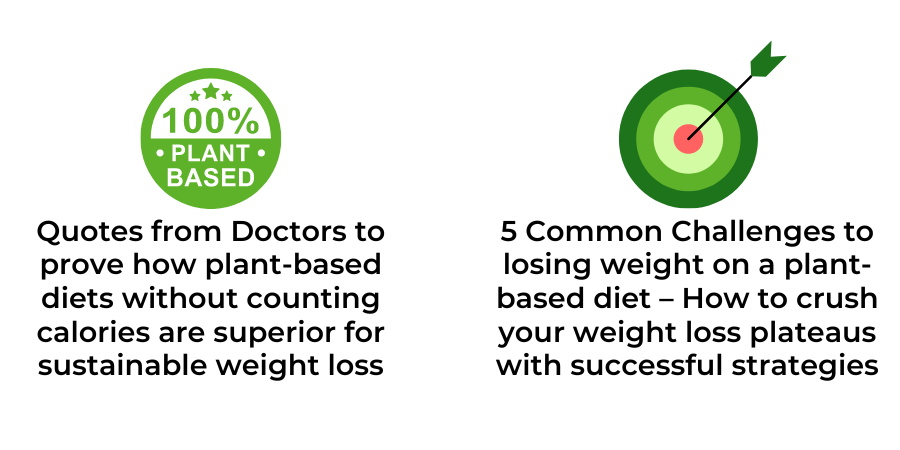
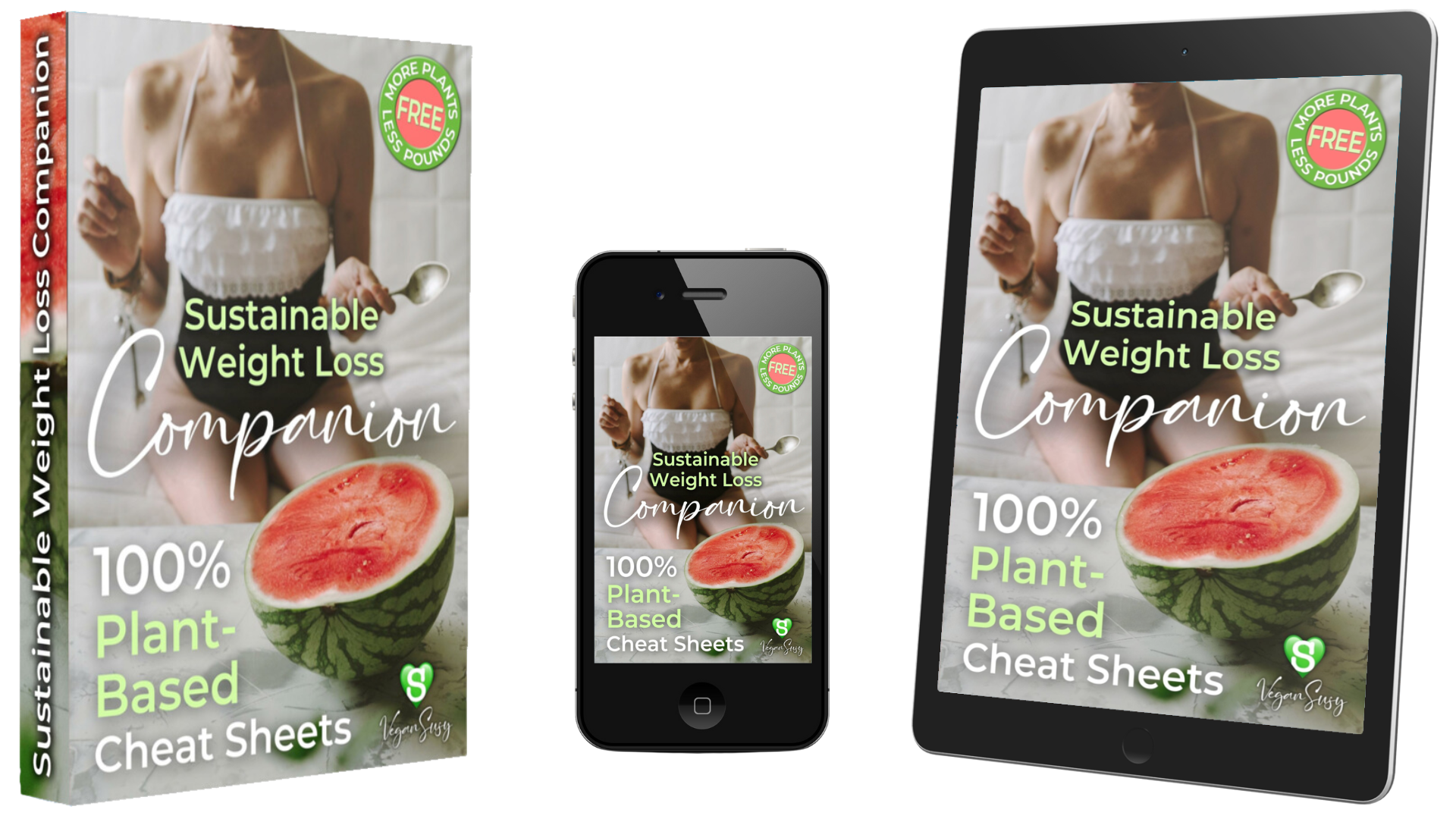
🍉 Get Ready to Jump Start Your Fitness Goals AND DISCOVER A HEALTHIER YOU!
🍉 Let's Make Your Fat Loss & Optimum Health Journey a Delicious Success Story!
🍉 Get The FREE Sustainable Weight Loss Companion eBook and CHEAT SHEETS!
More Free Resources
Unlock Your Transformation Today!
© 2025 VeganSusy Ltd. All Rights Reserved

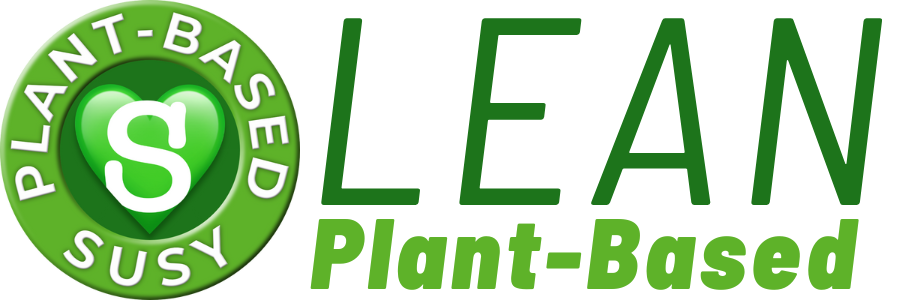
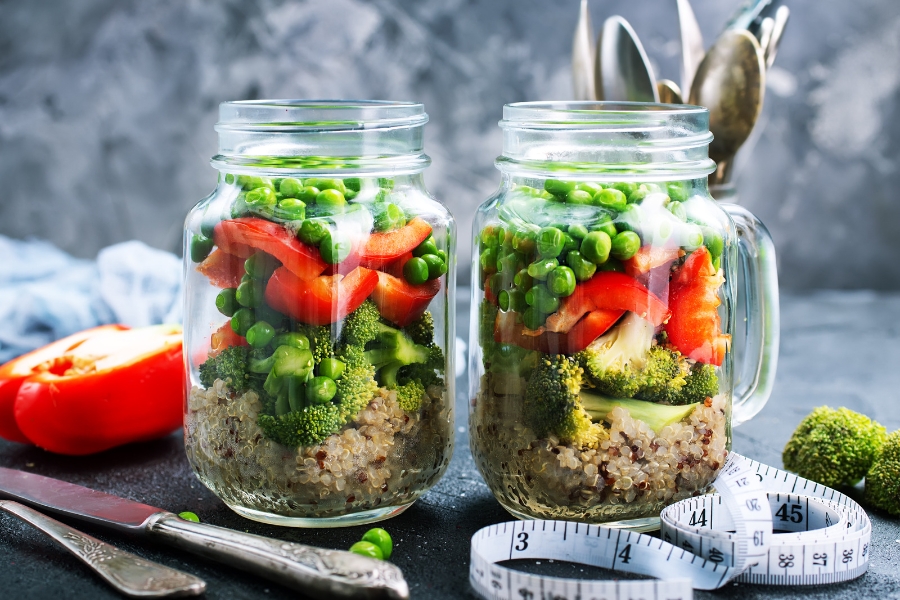
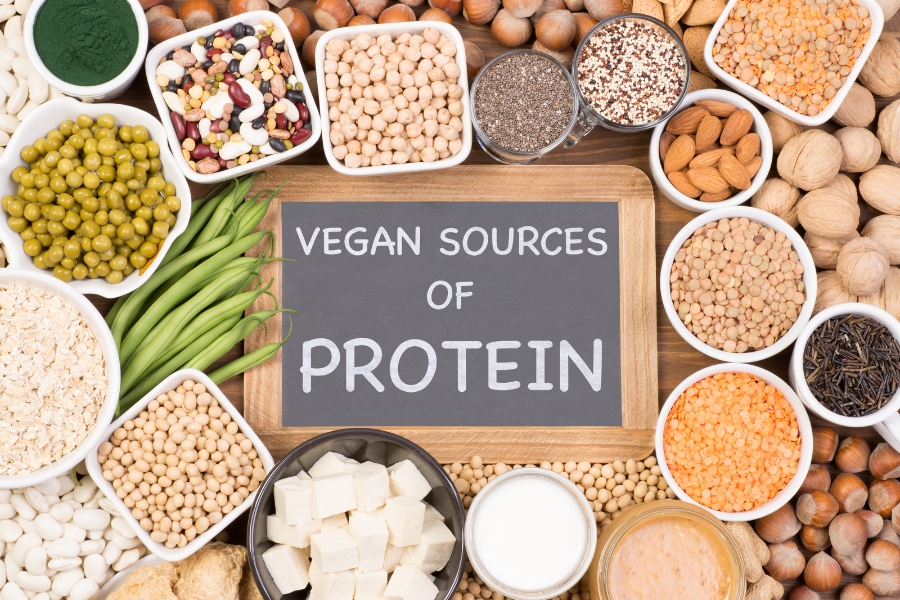

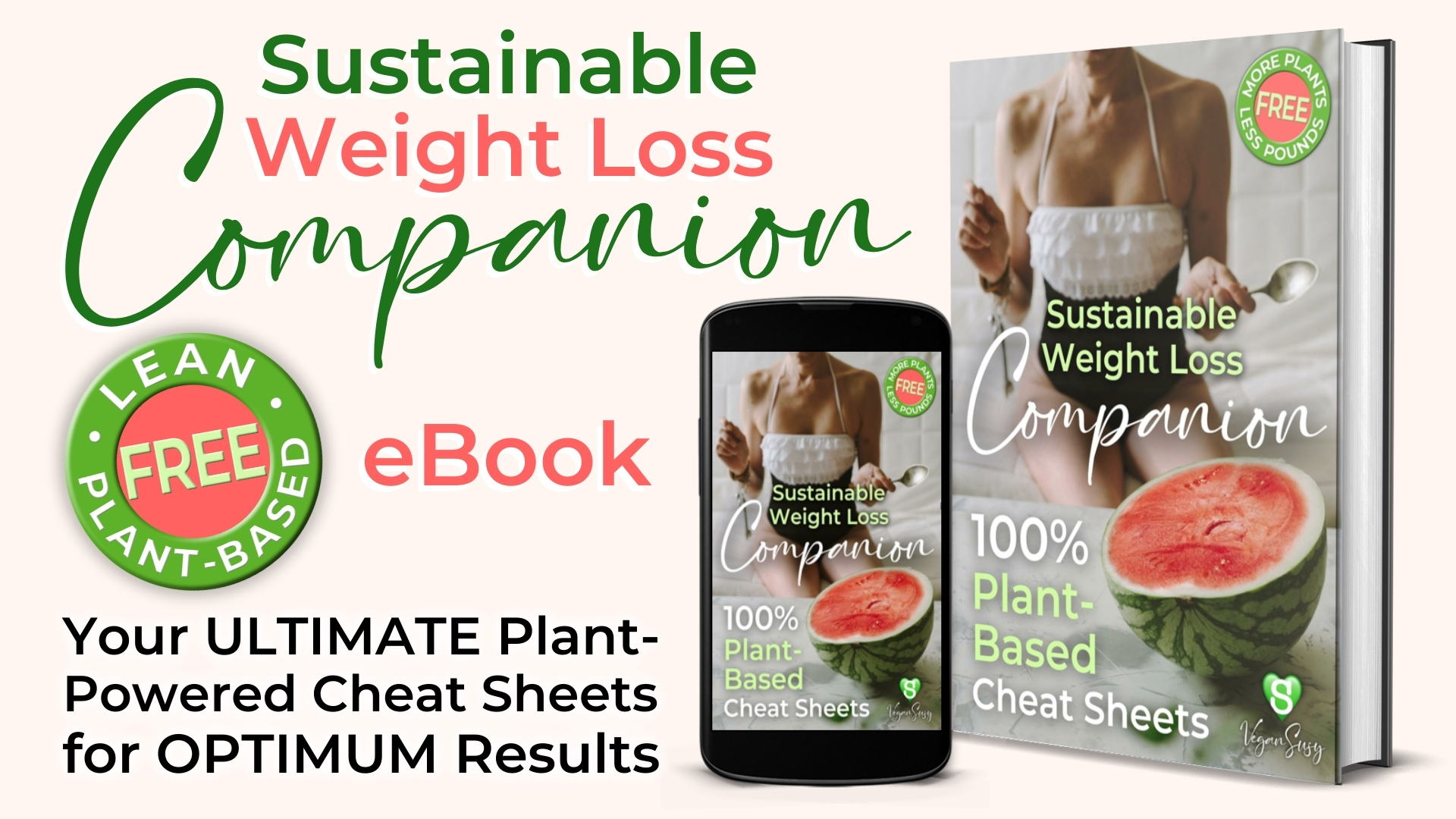




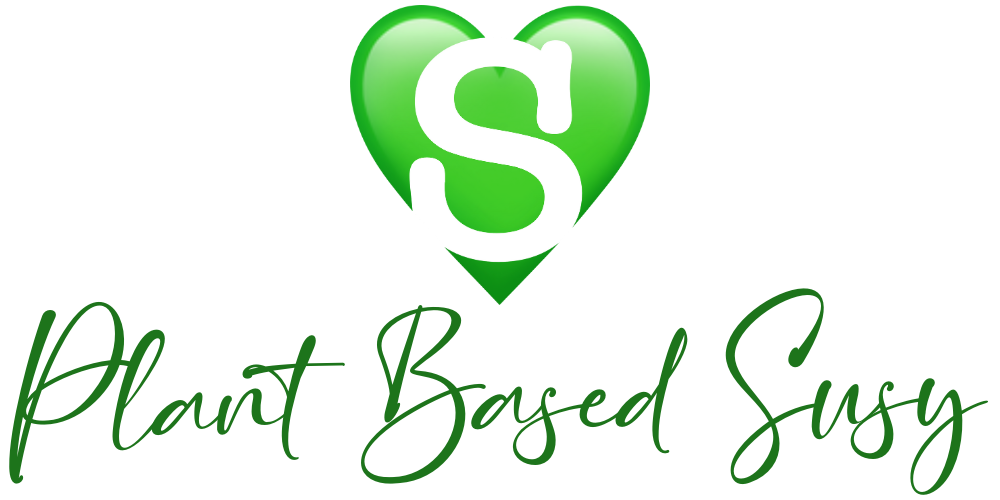
Facebook
Instagram
Youtube
Pinterest